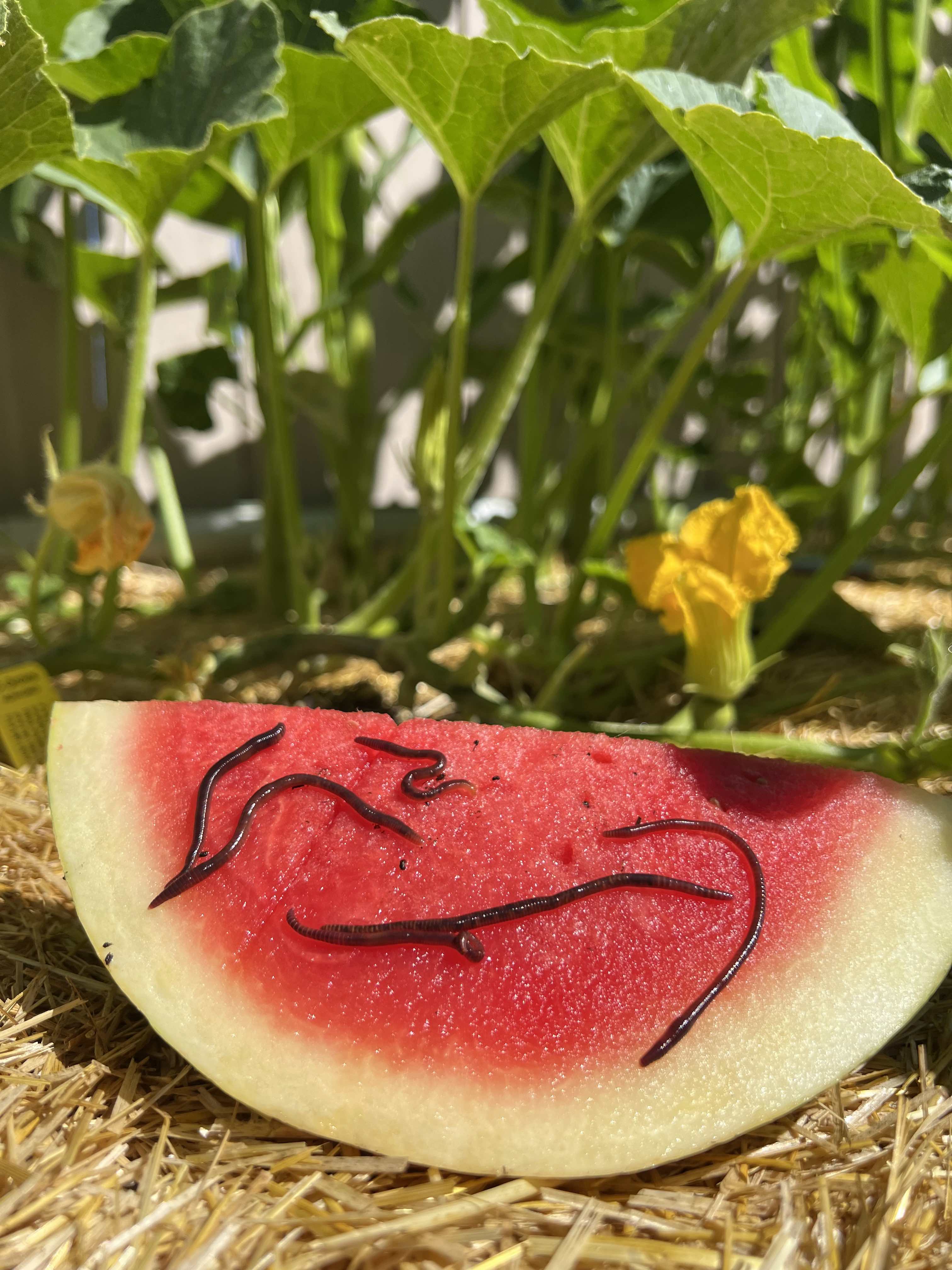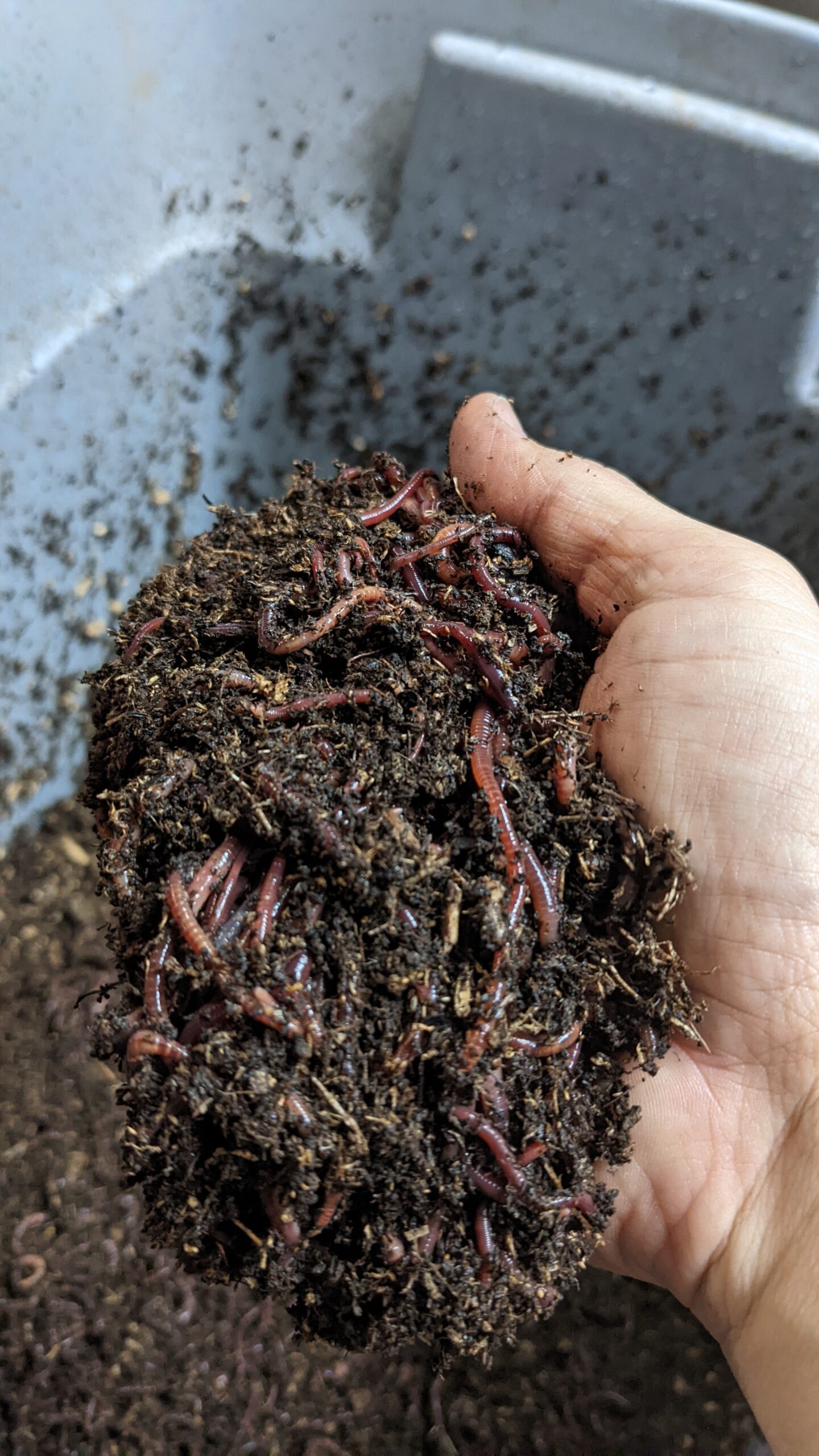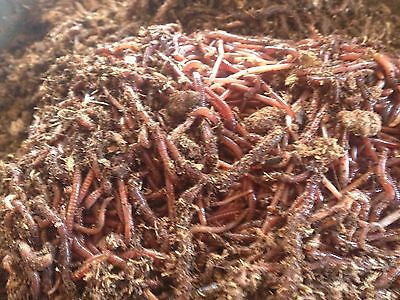Not known Facts About Red Wiggler Express
Not known Facts About Red Wiggler Express
Blog Article
Getting My Red Wiggler Express To Work
Table of ContentsThe Basic Principles Of Red Wiggler Express Red Wiggler Express Can Be Fun For EveryoneAll About Red Wiggler ExpressLittle Known Facts About Red Wiggler Express.The Single Strategy To Use For Red Wiggler Express
It's safe to state this stuff would have been terrific to add as a to vermicomposting systems! And the thriving Red Worm population? It just never took place. Even in the lot that was established straight before yard composters with existing Red Worm nests. These nutritionally-boosted wood chip environments are absolutely filled with Lumbricus sp.
Several varieties, consisting of Red Wigglers, European Nightcrawlers, and Lumbricus types were brought over from the European continent. Below's the thingNative or not - and as talented as they are at being able to survive in a wide-range of atmospheres and conditions -. Simply put, they are even more most likely to hang out in any active composting systems you have actually set up, than they are to roam off and start ruining the setting.
Origins require oxygen for respiration and count on smooth air flow within the dirt to flourish. However, when it rains, soil can come to be saturated with water, minimizing the oxygen available and hindering nutrient absorption - Where To Buy Worms. To maintain an optimal equilibrium, the dirt should enable water to drain pipes sufficiently, leaving adequate room for air to sustain origin health and wellness
Examine This Report on Red Wiggler Express

When it comes to worms for composting, what comes to mind? If you were an earthworm dog breeder, supplier, or ordinary garden enthusiast, then you would certainly know that red wiggler worms are the excellent worms for vermicomposting. To find out more concerning these earth wonders, reviewed through a few of the red worm truths listed below.
(https://homedirectory.biz/Red-Wiggler-Express_397764.html)But if they extend their bodies, you'll have the ability to see the stripes on their skin. When increasing worms such as red wiggler worms, you need to have the ability to know how to make great use of them. When you have the ability to maintain and care for their habitat well, and also feed them the best sort of organic wastes, after that they'll have the ability to create nutrient-packed and quality-rich worm spreadings for you (additionally recognized as worm poop or compost).
The Best Strategy To Use For Red Wiggler Express
What do worms eat? Well, these red wriggler worms can be fed with kitchen scraps and garden wastes.

This habits makes them appropriate permanently in worm containers, compost piles, and other constrained spaces where organic waste is plentiful. Developing an optimal atmosphere for red wigglers requires a thoughtful approach. Take into consideration the adhering to essential components to take care of red wigglers in your home and ensure their health: Utilize a bed linen of shredded newspaper or cardboard.

Add a handful of completely dry, shredded paper if the bin comes to be also wet. Without a doubt, they do! Red wiggler worms replicate by laying tiny, lemon-shaped eggs in protective cocoons. These cocoons are typically deposited in the bedding and hatch into baby worms within a few weeks. The fast recreation cycle of red wigglers is just one of the reasons they are favored for vermicomposting.
A Biased View of Red Wiggler Express
Their flexibility and strength have made them a popular option for vermicomposting in different regions worldwide. Yes! They can survive from a variety of 32F to 90F. They are extremely adaptable animals. Consider safety actions for very severe temperature levels such as: Protecting the worm container with layers of straw or leaves.

When dealing with your red wigglers it is essential to keep in mind to: 1) K.I.S.S (Maintain it Simple) and 2) every little thing in small amounts. These regulations use to feeding your garden compost worms, sprinkling your worm containers, and just regarding whatever else associated with taking care of them. Simply bear in mind - you can constantly add more food later (however it's hard to get rid of feed once it's been contributed to a container!).
Because I fed the red wigglers and compost worms excessive, they weren't able to maintain up and gradually the older food went uneaten and produced anaerobic conditions that killed the worms. The bright side is that there are very easy activities you can take to guarantee this doesn't occur! Here're the 6 principles for exactly how often and just how much to feed your worms: Policy # 1: Moderation! You can always include even more food later on.
3 Easy Facts About Red Wiggler Express Described
Uneaten food will certainly cause anaerobic problems that will certainly eliminate your real-time worms. It is ok to spray a little of their initial bed linens (which should already remain in the bin) over the food, however the food should never ever be buried and should show up to your eye. Rule # 5: See guideline # 1! Policy # 6: After the initial feeding, feed the worms 1/3 to 1/2 of their weight.
Report this page